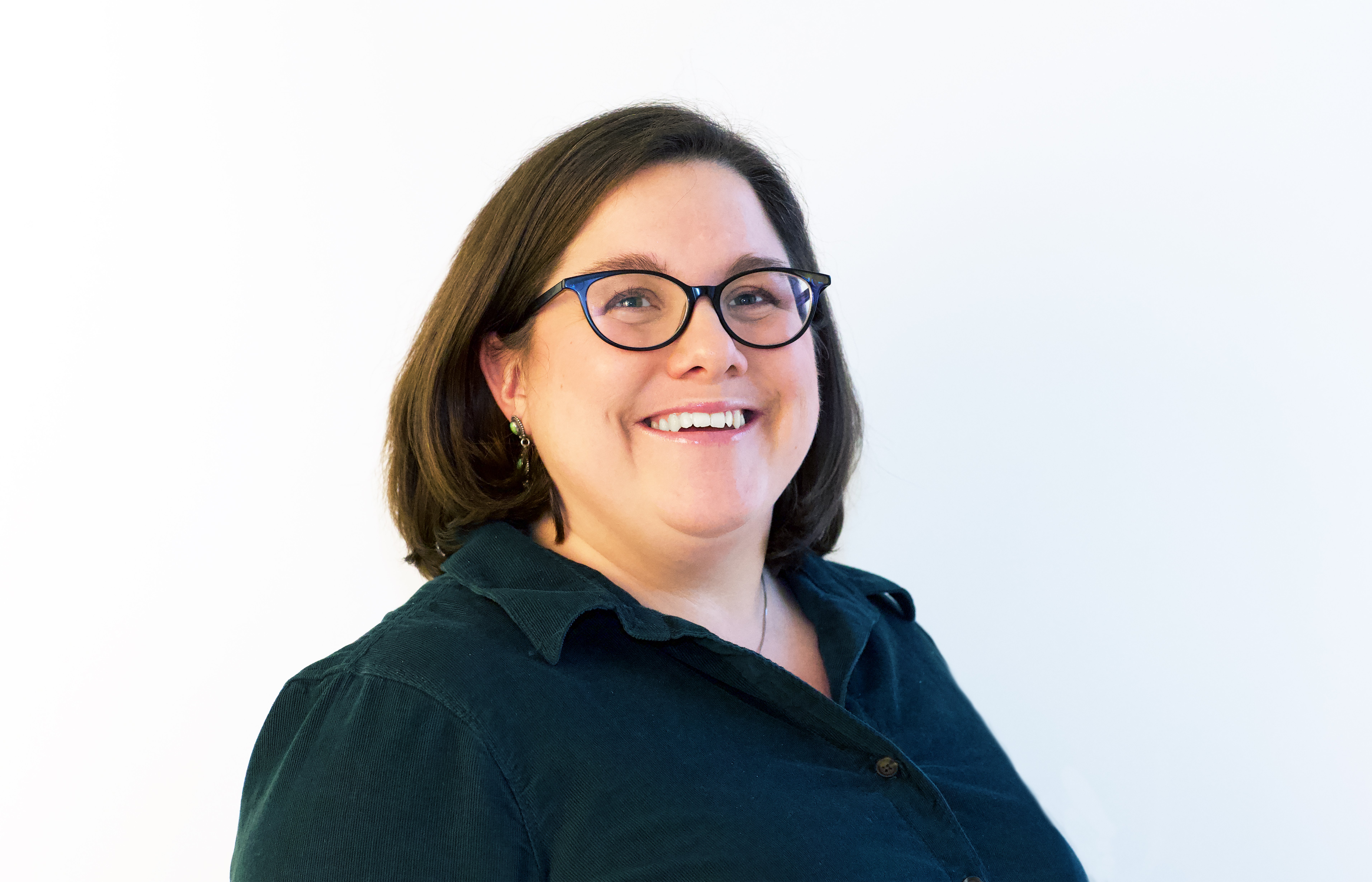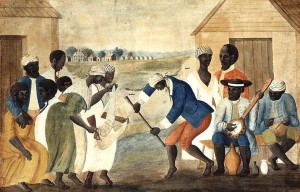[Editor's note: This blog post originally appeared in Vita Brevis on 2 February 2016.]
From tracing free people of color in New England to identifying former slaves in the deep south, NEHGS can help you tell your family story. We have a number of guides and tools in our library and available through our education department and online databases that can help you jump start researching your African American roots all over the United States, not just New England.
Getting Started
Our African American Genealogy Study Guide is a great place to get acquainted with our resources that you can access from home to plan your trip to NEHGS. The Study Guide not only provides a list of resources: it also includes historical background on some collections that could help you determine if the collection will be useful to your search.
For more in-depth help learning how to use sources at NEHGS to tell your family story, watch our webinar on African American Resources at NEHGS, which is included in the study guide. The webinar provides an overview of sources available and how to use them. It also includes a case study on how to conduct research on a former slave in Georgia. This may help you determine how to read sources to aid you in slave research in the south.
The Portable Genealogist on African American Resources is also great to have on hand while you are in our library. It includes tables for an at-a-glance view of collections available at NEHGS and other repositories as well as tips for researching former slaves and instructions for reading a U.S. Federal Slave Schedule.
We also have bibliography of the African American Resources at NEHGS. This publication was released in 2009 and includes a majority of our African American collections. However, keep in mind that this is not an exhaustive list since our efforts to continually expand our collections have brought in even more resources since its publication.
Unique Collections
Another reason to research your African roots at NEHGS is our unique collections. The R. Stanton Avery Special Collections hold a number of collections that may be relevant to your search for African American ancestors. Malaga Island School scrapbooks is one such collection we frequently highlight. If you have ancestors from Pittsburgh, Pennsylvania, another very useful collection is Gaines Funeral Home Records from 1929 to 1934. The Gaines Funeral Home was the longest-operating African American owned business in Western Pennsylvania and includes records of the deceased with information about the individual and their families.
We also have a number of databases to aid in your search for free people of color that we are offering to search free of charge during Black History Month. The Hampden County, MA: Black Families in Hampden County, 1650-1865 database is a digitized and searchable version of the book by Joseph Carvalho that traces black families in that county; People of Color in the Massachusetts State Census, 1855-1865 provides an easy way to search for free blacks in the Massachusetts State Census. Also available is Free Negro Heads of Families in the United States in 1830, which lists the names and ages of free blacks listed on the 1830 United States Federal Census.
Expert Staff
One of the best reasons to research your African American ancestors at NEHGS is our expert staff, which can assist you in tackling a brick wall or answer a challenging question. The genealogists on staff can help you while you are in the library, or you can place a request for research with our Research Services department. It is a personalized approach to research that is difficult to come by at other institutions. We have staff members specializing in African American research who can help you uncover your family history, and we invite you to visit us in Boston or online via AmericanAncestors.org.
Share this:

About Meaghan E.H. Siekman
Meaghan joined the American Ancestors staff in 2013 as a Researcher before moving to the Publications team in 2018 where she is currently a Senior Genealogist of the Newbury Street Press. As a part of the Publications team, Meaghan researches and writes family histories and other scholarly projects. She also regularly develops and presents lectures as well as other educational material on a variety of research topics. Additionally, Meaghan serves as the American Ancestor's representative to the New England Regional Fellowship Consortium. Meaghan holds a PhD in history from Arizona State University where her focus was public history and American Indigenous history. Prior to joining American Ancestors, she worked as Curator of the Fairbanks House in Dedham, Massachusetts and as an archivist at the Heard Museum Library in Phoenix. Meaghan also worked for the National Park Service and wrote several Cultural Landscape Inventories, most notably for Victoria Mine within the Organ Pipe Cactus National Monument. Her doctoral dissertation, Weaving a New Shared Authority: The Akwesasne Museum and Community Collaboration Preserving Cultural Heritage, 1970-2012, explored how tribal museum utilized shared authority with their communities. For American Ancestors, Meaghan authored Ancestry of Secretary Lonnie G. Bunch II in 2023, and Ancestry of Douglas Brinkley in 2019. She co-authored with Chistopher C. Child, Family Tales and Trials: Settling the American South in 2020. She also contributed to Ancestors of Cokie Boggs Roberts with Kyle Hurst in 2016. She has published portable genealogists on African American Genealogy (2015) and Native Nations in New England (2020). Meaghan has authored several articles in her tenure for American Ancestors magazine including most recently, “10 Myths about Slavery in the United States.” She has presented many lectures on African American genealogy, researching enslaved ancestors, researching the history of a house, using oral history in genealogical research, researching women, and other topics.View all posts by Meaghan E.H. Siekman →
